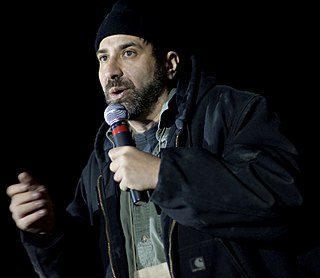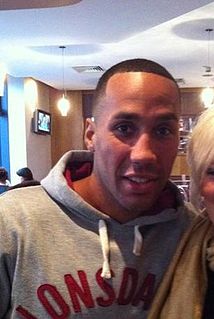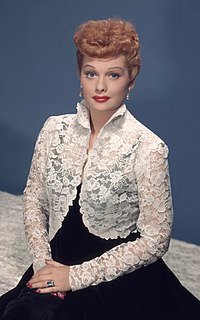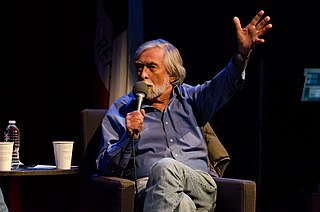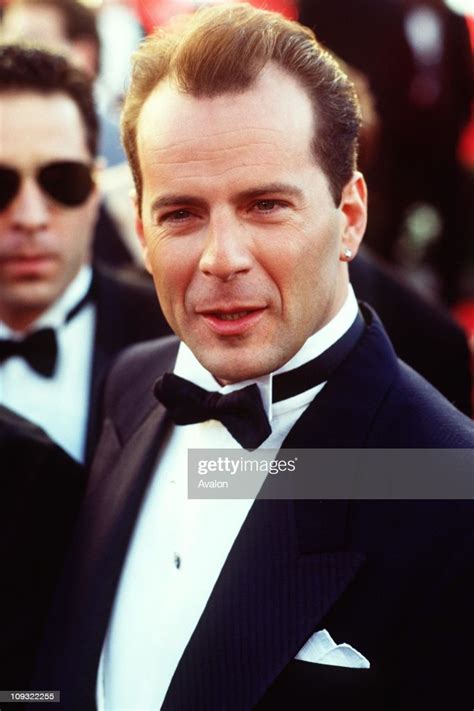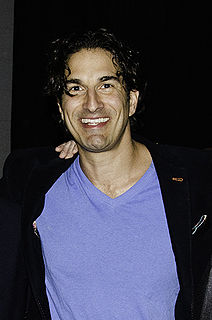A Quote by Dave Attell
I'm a joke comic. I tell jokes. I like writing a joke, and I like when a joke works, and I like other comics who tell jokes.
Related Quotes
Now, I want to explain something to you guys. I don't have an ending joke, because I don't tell jokes. I tell real-life stories and make them funny. So, I'm not like the average comedian. They have an ending joke; they always holler Peace! I'm out of here, and walk off stage. So, basically, when I get through performing on stage, I just walk off.
You know, I liken it to - when you write a joke for somebody else, it's like you - you know, like the Wile E. Coyote dynamite plunger, where he pushes the plunger down and then you see the fuse go then there's an explosion in the distance? That's like writing a joke for somebody. When you tell the joke, you're in the explosion.
Humor has the tendency to be funny once. If I tell you a joke, we're going to have a big laugh. But the second time I tell the joke, it's going to be a bit strange, and the third time you're going to ask if there's something wrong with me. So I am very cautious with jokes, but there is a lightness in my work.
There are certain jokes that indicate how mainstream a comic is. If you're talking about how the side effects of drugs that they advertise on TV are worse than the actual illness they're supposed to prevent, that's like the hackiest joke out there now. If you're still doing that joke, that usually is an indicator of being mainstream, in a bad way.
People can write jokes five minutes after a major world event happens, and have hundreds of thousands of people read them within 10 minutes. Whereas before you write a joke, you don't know if anybody is really touching on it or not, and you tell it onstage the next night. For joke writing it has changed things.
